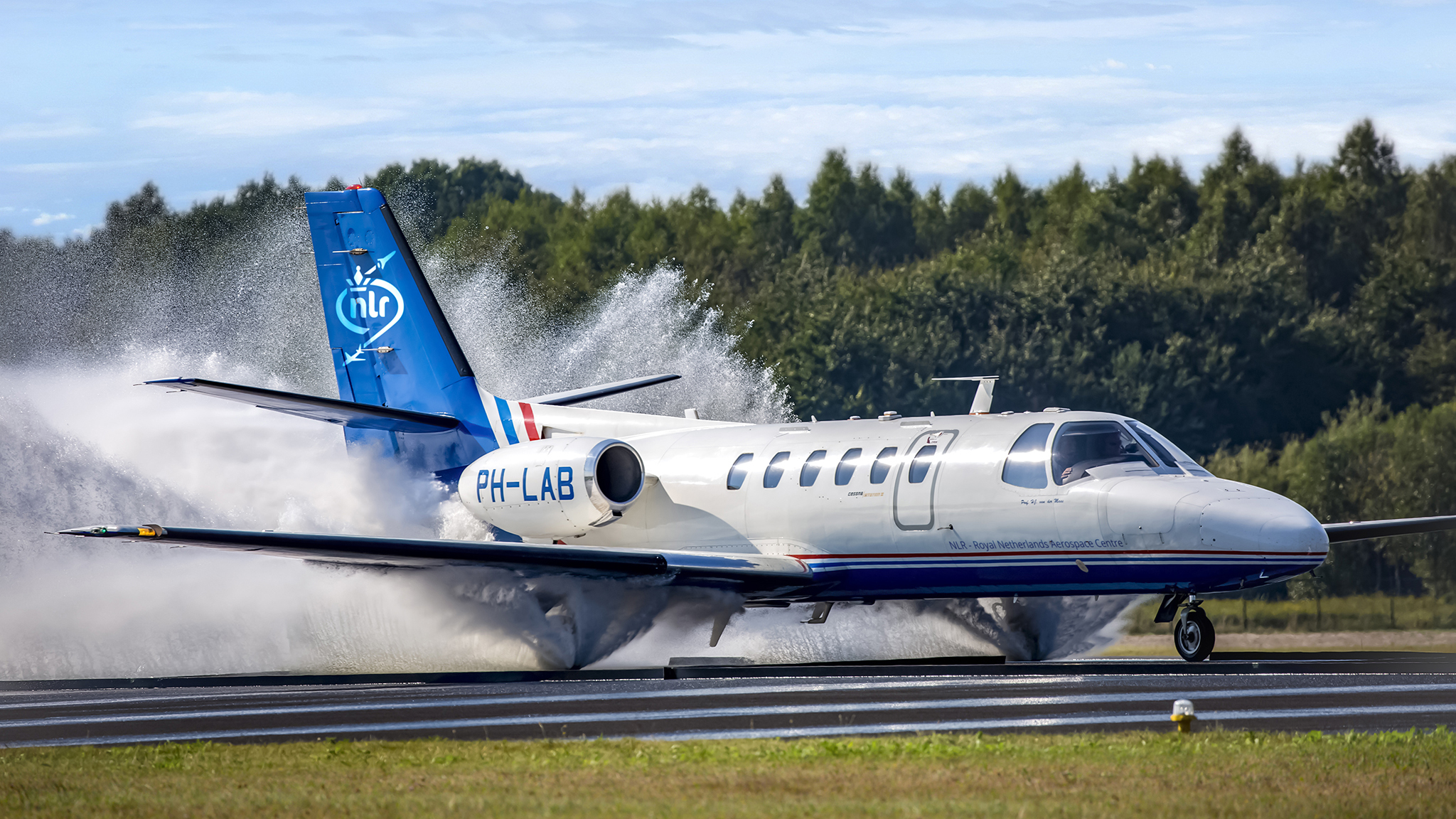
Programme
Climate-neutral aviation
In 2050 the aviation industry, with its knowledge and economic influence, must comply with and contribute towards achieving the Dutch and European climate objectives and the United Nations’ Sustainable Development Goals. Aviation will be cleaner and quieter, thereby having less of an impact on the climate and environment.
With the programme Climate-neutral aviation, NLR contributes towards cleaner and quieter aviation. Climate neutrality requires us to take into account the entire chain of production, use and recycling of the aircraft, and to apply this within a circular economy. Moreover, the programme helps to address the societal challenge to become as robust as possible in the face of climate change, and contributes towards sustainable aviation and improving the competitive position of the Netherlands.
“Climate-neutral aviation is a complex puzzle”
Programme leader Bram Peerlings on the Climate-neutral aviation knowledge programme
To contribute towards climate neutrality of the aviation sector, this programme sets up research projects in collaboration with universities, other knowledge institutions and companies. The focus lies on (components of) propulsion technologies, sustainable fuels, testing facilities, innovative aircraft architecture, circular production and maintenance techniques, aircraft operations, regulation, certification, governmental policy and climate research.
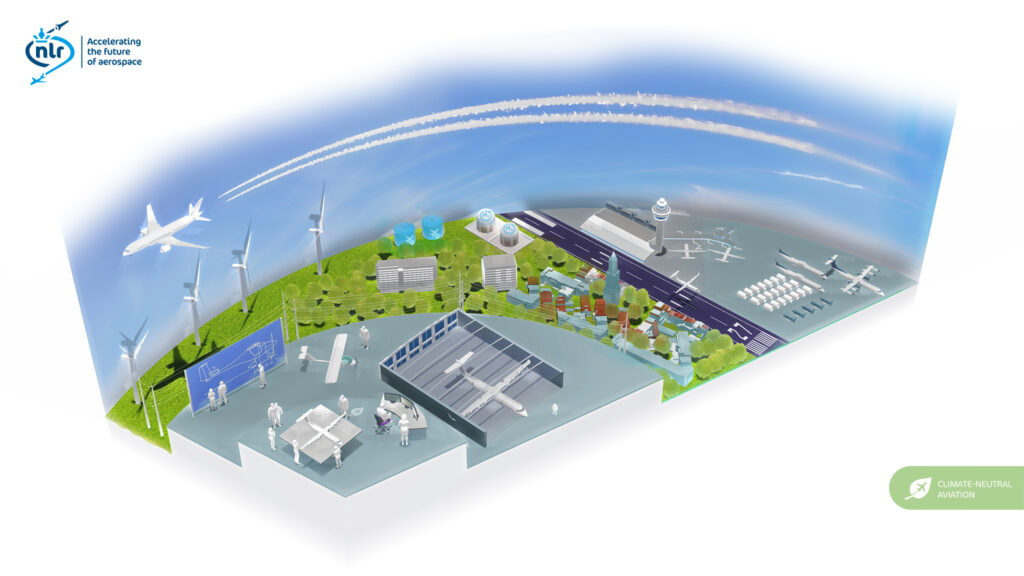
Some projects
ClimOp
The primary goal of ClimOp is to support policymakers and regulatory bodies in mitigating the climate impact of aviation. To achieve this, three key strategies have been developed and evaluated: pricing areas sensitive to climate change, incorporating non-CO2 climate effects into the EU Emissions Trading System (ETS) and CORSIA (the global scheme for offsetting and reducing CO2 emissions in international aviation), and sustainable taxiing of aircraft. These strategies aim to reduce the environmental footprint of aviation, and to facilitate their implementation, recommendations have been provided for researchers, industry stakeholders, and policymakers in a publicly available report.
This project has received funding from European Union’s Horizon 2020 Research and Innovation Programme under Grant Agreement N° 875503

TePS
The TePS project is pushing the boundaries of technology to make electric and hydrogen flight a reality. By bringing together universities, research institutions, and industry partners, we aim to develop and demonstrate the necessary systems for air conditioning and cooling. This collaborative approach will drive innovation and pave the way for a more sustainable future in aviation.

TULIPS
The TULIPS project (Demonstrating lower polluting solutions for sustainable airports across Europe), which demonstrates the adoption of innovative, sustainable solutions to reduce emissions at airports. As part of the ‘Energy Supply for Future Aircraft’ initiative, four key documents have been developed. These documents include an in-depth study assessing the required infrastructure, operational procedures, and cost and flight schedule implications associated with introducing electric and hydrogen propulsion aircraft by 2030, 2040, and 2050. Furthermore, a method for safe charging of electric propulsion aircraft without human intervention, a demonstration environment for modular charging systems, and a comprehensive study on airport operations with infrastructure for refueling hydrogen-powered aircraft.
This project has received funding from the European Union’s Horizon 2020 research and innovation programme under grant agreement No. 101036996.
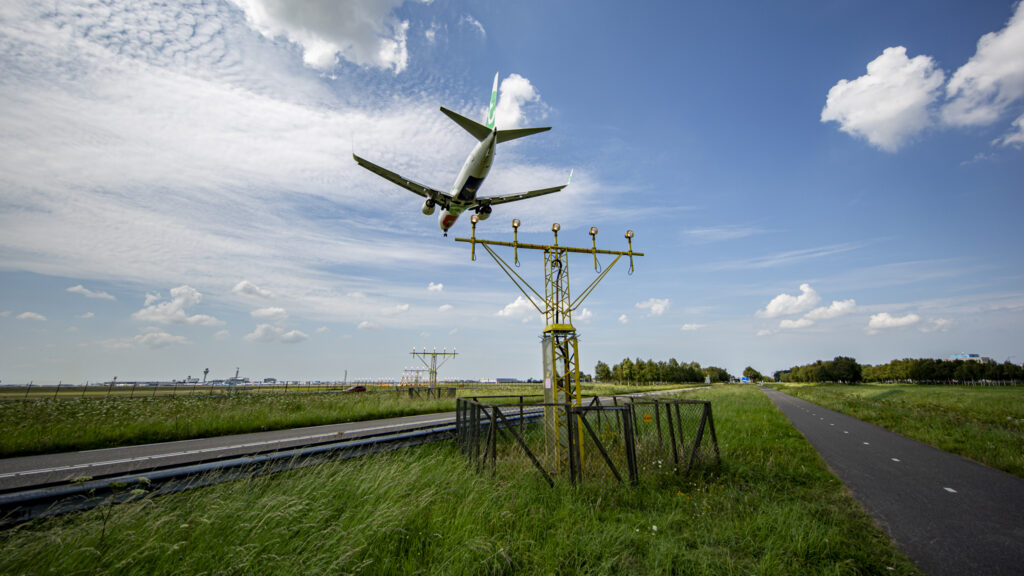
Discover more knowledge and technology
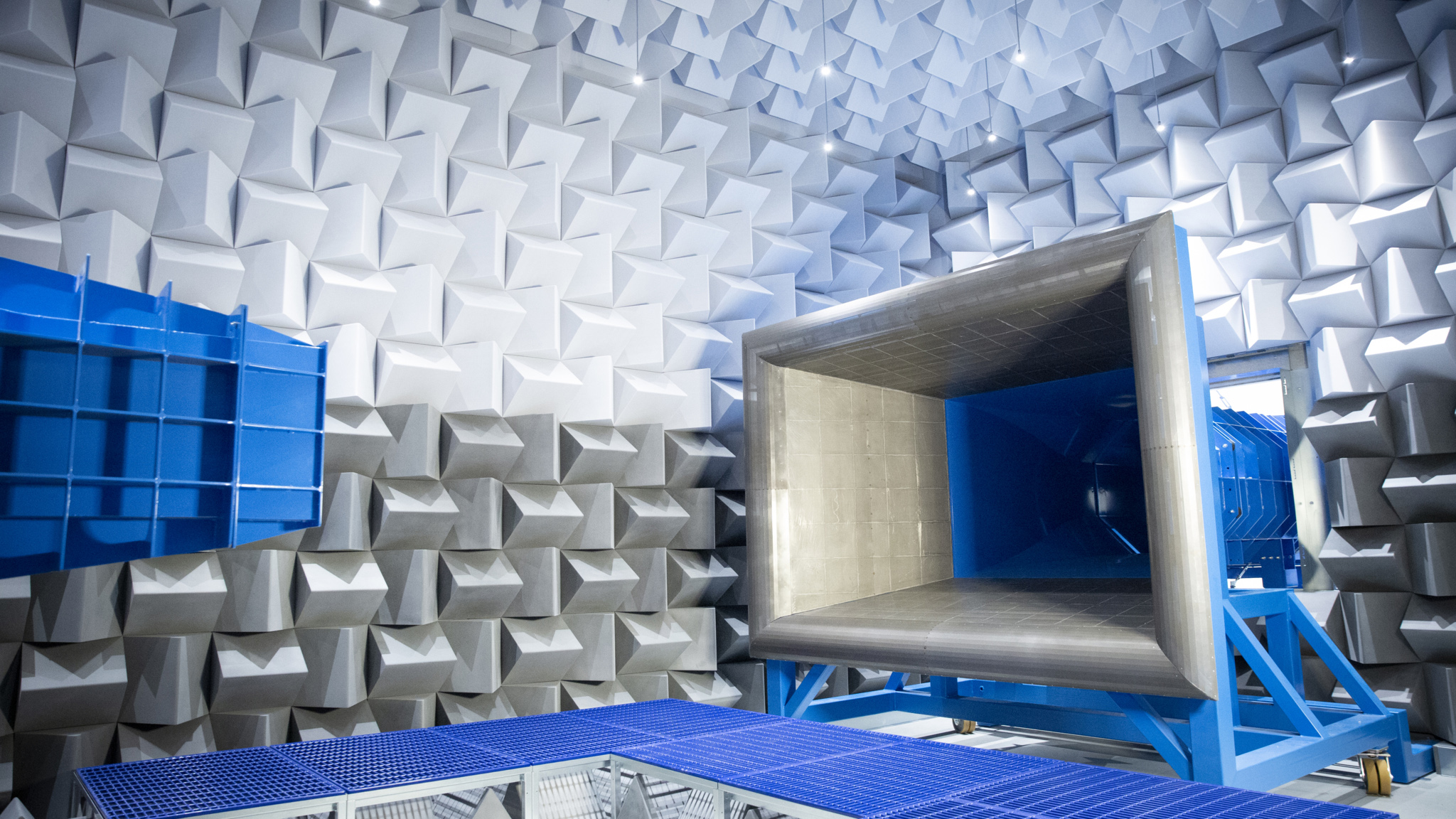
Research infrastructure
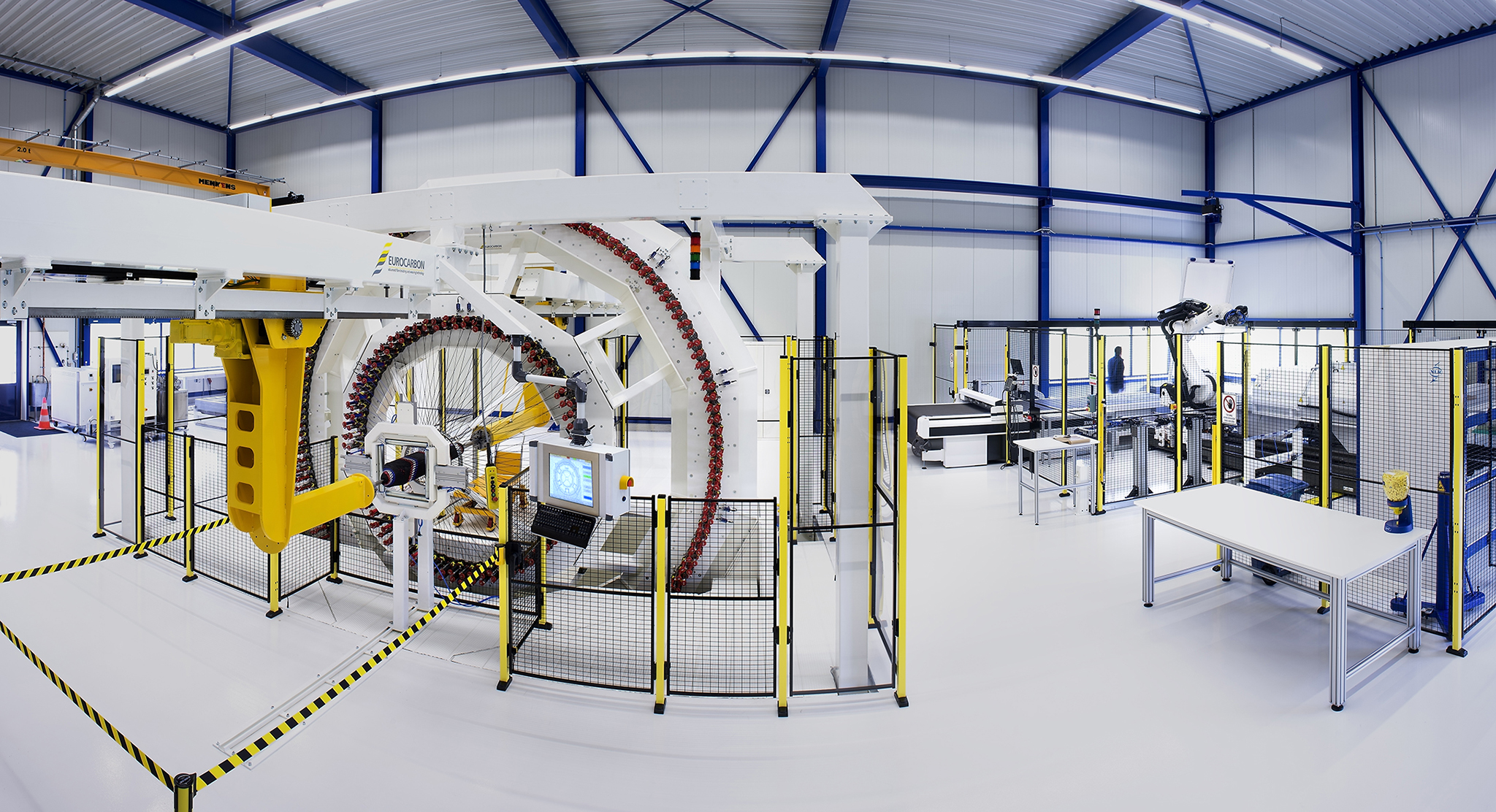
Areas of expertise
